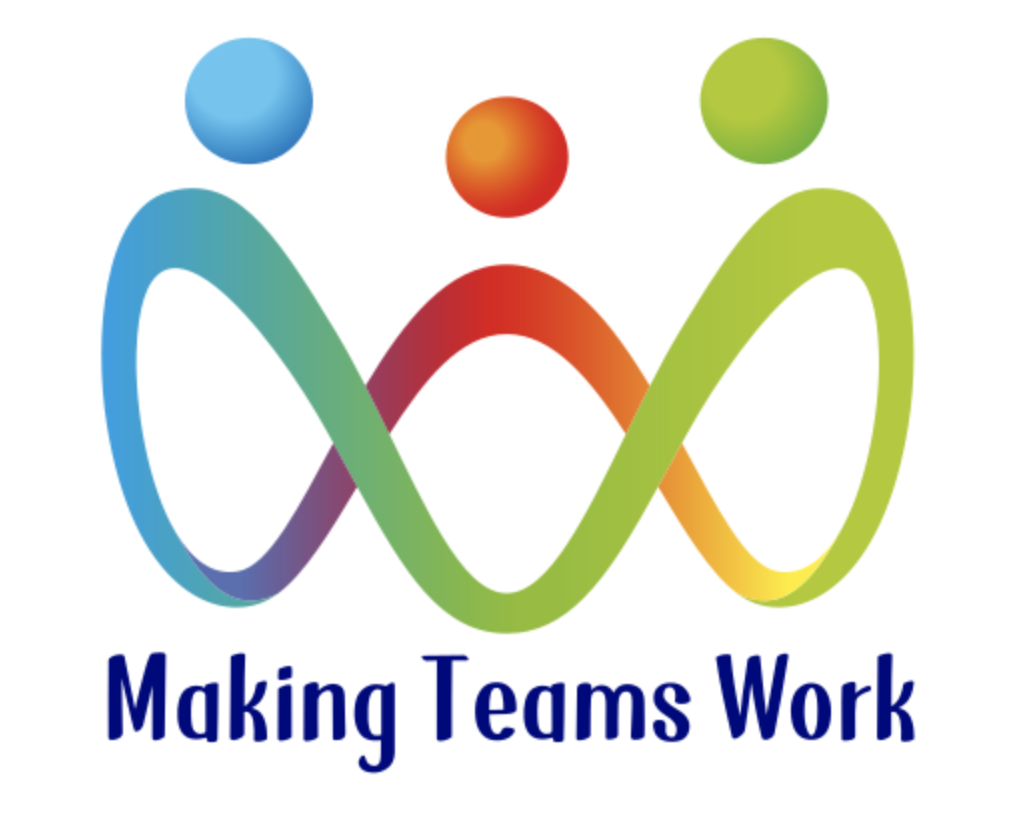“You can deal with a problem when it shows up, or when it blows up” Dave Allen.
Just like last month’s post I've had a request to share my thoughts on journaling. So, here they are.
A secret weapon.
I consider journalling to be one of my secret weapons after it was one of the requirements of a training course I went on: participants had to keep a journal for the duration of the programme.
Given that I studied the subject at two different levels that meant that I kept the journal on and off for two years. If I'm honest now, probably off more than on as sensibly nobody ever asked to see it. But I would always write at least one post a month before usually before the workshops themselves!
I wrote about journalling in “The Resilience Toolkit”, and so I'm going to try and build on, rather than repeat, much of that content. If you really want to read that chapter, please send me an email and I'll send you a PDF of it.
Two triggers.
My views on journalling have slightly shifted, if anything, in a deeper direction. And that's for two reasons.
Firstly, after an extended block of weekly counselling sessions, we decided that it was time to stop - not because counselling wasn't working, quite the contrary. If you've ever been in the same situation, you know that the final session is usually a conversation around how you feel about counselling coming to an end.
That simple question would have been much easier to answer had I been keeping a regular journal. I did start one at the beginning of the sessions, but I didn’t keep going. I'll come back to this shortly.
Pencil & paper
There is something for me that is magic about using a pencil and paper. I like the sound. I like the feel. A pencil moves slowly enough, and there's enough resistance to reduce the speed of writing and helpfully to thinking; so I tend to explore my thoughts on paper, instead of electronically.
It has been incredibly helpful for a number of reasons. But there's another bit of the story that you need before I continue.
This is the second reason: Back in October 2021 I took part in a training course run by the lovely David Hieatt of the Do lectures and Hieatt Jeans fame - you know the ones worn by a particular member of the royal family which caused them to be sold out .
Dave has a great style of training and presentation, which I particularly enjoy, and often he seems to come up with ideas during sessions that he may not have previously considered.
100 day challenge.
One that came up most in passing was the idea of 100 day challenge. It's as it says on the tin really - choose to do something that's going to have a difference to you for 100 days.
I spent two days wrestling with what would be the most useful or the most important thing! Should it be to write an email to my subscribers every day for 100 days? Do a set of weights for strength training? Swim 50 lengths? Run 4 miles? Read the latest leadership thinking?
After a couple of days I came to the conclusion that I was overthinking it (as usual!). And I thought I'd make it nice and easy. To pray, read the Bible, and journal every day. For 100 days. (Yes, I know – that’s three things…!)
That was over 300 days ago - or more, depending on when you're reading this article. I'm not telling you this as a way of blowing my own trumpet. I was amazed on the day when I realised I'd exceeded the target by three times over. I got going, and seem to have simply not stopped. It helps that I made it easy, low friction, and connected the behaviours to things I already did. (Read ‘Tiny Habits’ by BJ Fogg if you don’t know what I mean.)
The point of telling you to show how simple it can be, its benefits, and the impact that it's had. And a little more about the how.
Before that let's just look at the why.
Why journal? 3 reasons.
Research has found the people keeping a daily journal; whether that's a gratitude journal, or a more diary style or reflective journal - which we'll come to in a minute- just some kind of journal; means that you are more resilient.
I'd hazard a guess that is because it enables you to step back from the world as you see it to get a potentially different perspective and also, and especially this is true for me, reduce your risk of overthinking.
So,
- journaling makes you more resilient.
- greater clarity - the opportunity to see the wood for trees,
- overcome any tendencies for overthinking.
It’s helped me to step back from situations spinning around in my brain out of control and distracting me from things I actually want to get done, and it's also enabled me to look back over the 300 days.
I’ve noticed, for example, how few days there have been when I’ve written something along the lines of “I'm too tired to write”. And even on those days, I found I was able to write more than I expected. It's enabled me to learn more about my patterns of thinking as well as patterns of behaviour and to make small adjustments. Crucially, I’ve been learning from what happens.
The un-examined life.
We've all heard the quote about the unexamined life. There is even a book with those words as its title. It is true: If you want a life that's worth living, it's worth examining it from time to time.
I chose to do the 100 Days Challenge and haven't stopped yet. That doesn't mean that's the only way. I made it part of my routine to write in my journal before reading a chapter of a novel and going to sleep. You can do it whenever suits you. Just write it by hand!
4 varieties
There are a few main varieties of journal that people keep which I've tried:
- A reflective journal,
- The gratitude diary,
- One based on Benjamin Franklins' approach, or
- An expressive journal.
Reflective
Reflective journalling enables you to reflect on what's really going on. When coaching people with high levels of stress I often ask them to keep a record for two weeks and write down the answers to these well known questions:
- What went well today?,
- What could have gone better?
- What will I do differently tomorrow?
If you wanted to expand on that you might start a little broader with “What's happening” and then go slightly narrower to “What of that was good?” , before following that with “What could have been better?”, and then insert an additional question: “What do I want?” before the final “What will I do differently tomorrow? “
When being coached or mentored, the first question is often along the lines of what do you want? My experience has shown this is a very tough question to answer. After all, if you know what you want, you would already be working towards getting it! The question is too narrow in its focus so we need to start broad by exploring the current situation in general. Hence the ‘What’s happening” question as an opener. You may not get past this question when you journal every day, and that’s fine. Just include thinking time for the other ones occasionally, such as once a week.
Gratitude
Another option is the gratitude diary. This is simply writing down three things that you're grateful for each day. They need to be things that have meaning and hopefully change from day to day. It becomes a little dull when you write “There was a beautiful sunset” all the time! I know that may not be very realistic unless you've been on holiday for a fortnight in some far flung Mediterranean spot! This is based on research that keeping a journal of three things you're grateful for each day can have a positive impact on your mental health and well being. That may be a good enough reason for you to try it.
Ben Franklin
Benjamin Franklins' approach was simply to pause each morning and evening to reflect. In the morning, the question was “What good shall I do this day?” and in the evening – not surprisingly – “What good did I do this day”. I like this approach because it includes an element of planning, and is positively framed. It can take very little time, or as much as you can give it.
Expressive
The expressive journal – is something I’ve been working with more recently, around four or five weeks after stopping counselling, when I felt the need to somehow externalise my thinking. To get out of my head.
Within a counselling engagement, this would have been by taking my questions and thoughts to the next session. But there was no next session.
So I decided to use a journal as a way of exploring those thoughts. To move from experiencing to understanding, as well as shifting towards a more positive way of thinking. To build a regular conscious practice instead of just doing it when things hadn’t gone as well as they might. A personal debriefing, if you like. I’m aware that I'm now more in tune with my own thinking patterns and their origin as a result.
There have been days where I've intercepted a new thought or a new idea in my mind, or one that was simply unhelpful. And on those days a journal is about putting the thought down on paper and starting to explore it. This is hard to explain and hard to believe until you try it - so that's what I'm going to leave you with!
Benefits
The greatest benefit you can get from a journal is using it as a place to explore your thinking patterns especially where they are different to those people around you, or particularly unhelpful or unrewarding – here’s the connection to the blogs on dealing with negative narratives. On the page, we get to play with different approaches to problems or apply different thought patterns. There’s usually some kind of resolution or insight.
If I was to identify one benefit of my journalling over an extended period of time, I think it would be that I've noticed I'm on a more even keel. I'm less deeply affected by what happens to me each day and maybe I'm learning to be more content with who I am. I sleep better too!
Your mileage may vary, of course, but can I suggest you to take up the 100 day challenge? You may find it stops things blowing up!
I'm aware that for some people these kinds of thoughts ideas activate challenges for you. In which case please book an initial discussion with me through this link and we can explore how I might be able to help you in a more personal way.
As always, let me know what you think with comments below or drop me an email.


